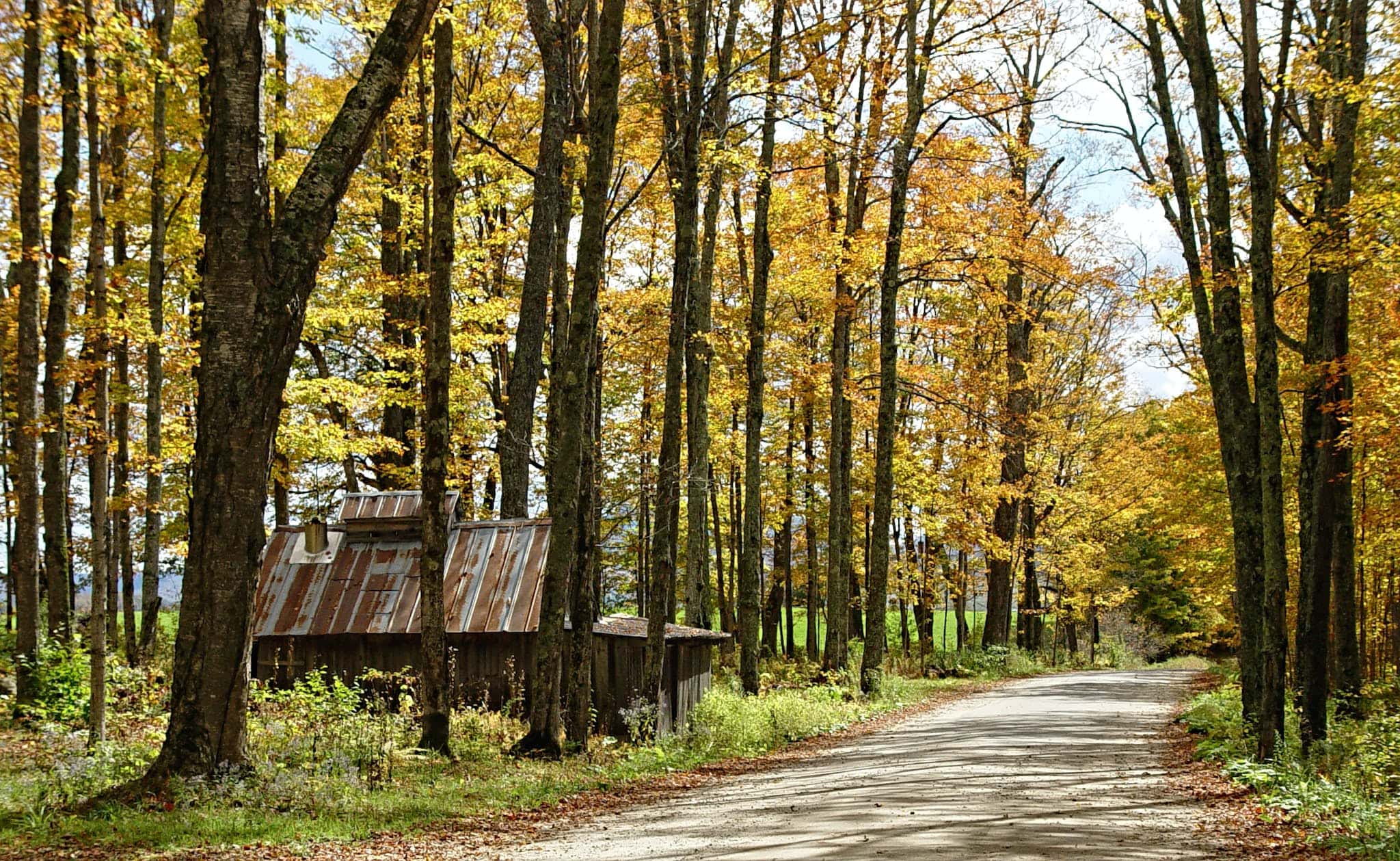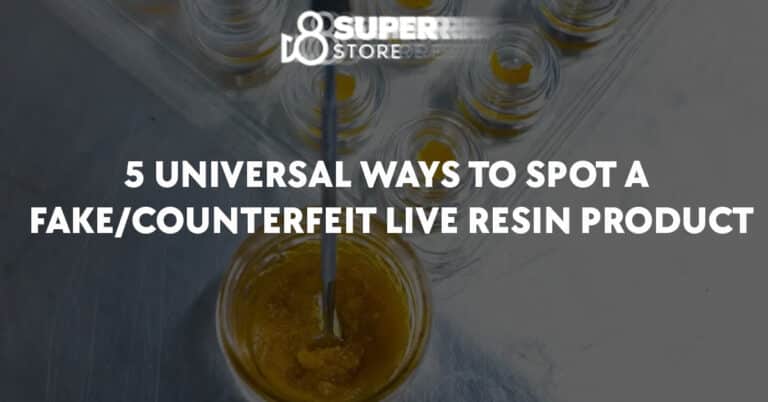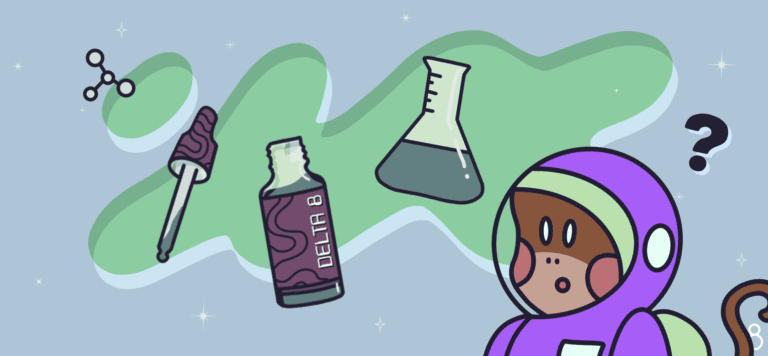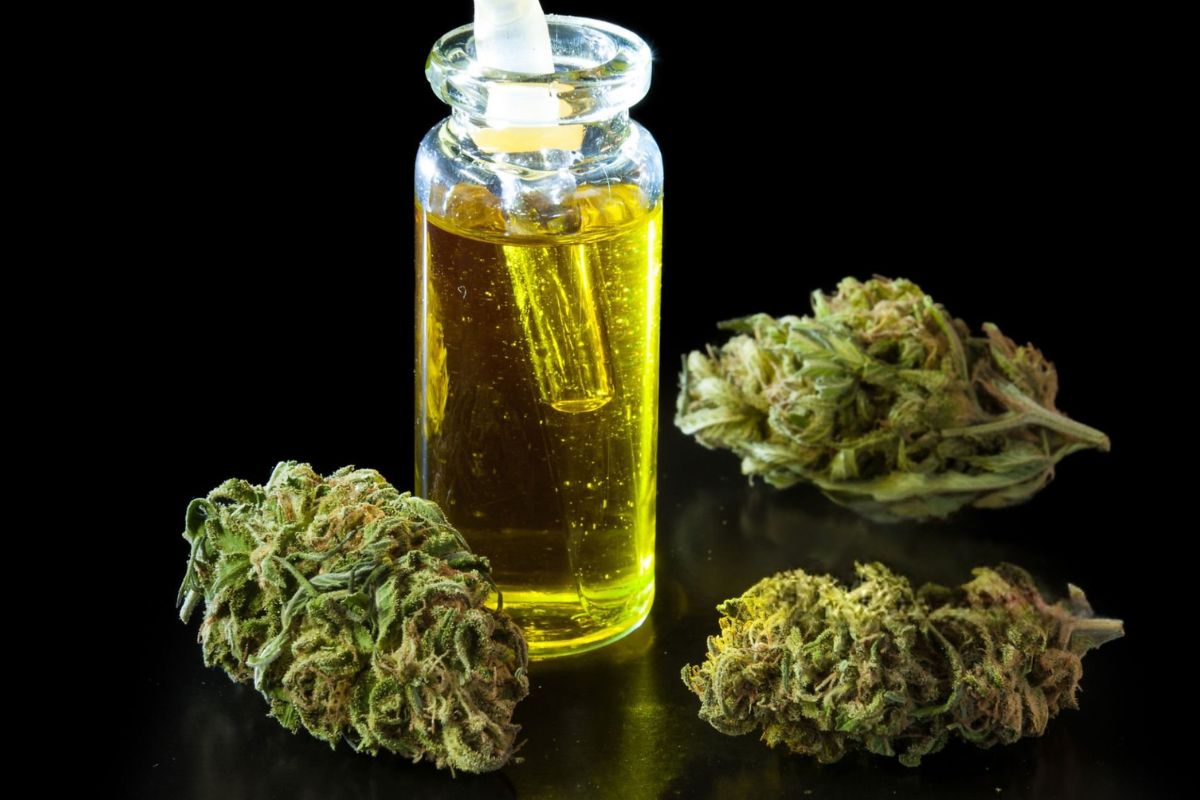Is Delta-8 THC Legal in Vermont? Navigating the Green Mountain State’s Hemp Laws
Diving into Vermont’s view on weed, especially Delta 8 THC, feels like taking a trip through a tricky maze. Vermont blazed a trail with medical marijuana since 2004. But, when you peek at their take on Delta 8 THC, a cousin of the famous Delta 9 THC, it might just surprise you.
Table of contents
Despite hemp being federally legal, and Delta 8 THC often sourced from this legal form of the plant, Vermont has taken steps to clarify its position on this particular cannabinoid. Although it is a naturally occurring substance within hemp, the state of Vermont has categorized Delta 8 THC alongside its more potent cousin, Delta 9 THC, and thus has placed restrictions on its use and sale.
The primary concern stems from the conversion process of CBD to Delta 8 THC, as well as the psychoactive properties of Delta 8, which is similar to those of regular THC. Understanding the nuances of Vermont’s laws regarding Delta 8 THC ensures that you can navigate the legalities responsibly and stay informed of your rights and restrictions when it comes to cannabis and its derivatives in the state.
Legal Landscape of Delta 8 in Vermont
As you navigate the complexities of Delta 8 in Vermont, it’s important to recognize the distinction between state and federal guidelines. These regulations will affect whether Delta 8 THC is accessible and under what conditions.
Federal Regulations on Delta 8
Federally, the legality of Delta 8 is nuanced. The 2018 Farm Bill federally legalized hemp and all its derivatives, cannabinoids, and isomers, including Delta-8 THC, provided they contain less than 0.3% Delta-9 THC. However, Delta-8 THC synthesized from non-hemp materials remains a Schedule I controlled substance under federal law.
Vermont State Law and Delta 8
Within Vermont, your understanding of Delta 8’s legal status should be informed by state law. Vermont’s cannabis control board operates within a legal framework that diverges from federal law by treating all tetrahydrocannabinols derived from hemp, including Delta-8 THC, the same as cannabis products. This means that Delta-8 THC products are subject to the same regulatory oversight as Delta-9 THC products, making them legally ambiguous under Vermont state law.
2018 Farm Bill Impact
The federal 2018 Farm Bill provides a legal basis for the cultivation, production, and sale of hemp products. In Vermont, the farm bill allows for the legal production of hemp products under specific conditions. While this federal law has set a precedent for hemp-derived products, ambiguity remains under Vermont state law regarding the legal status of Delta-8 THC due to the farm bill’s lack of clear guidelines on this cannabinoid.
Delta 8 THC vs. Other Cannabinoids
Before diving into the comparisons, you should understand that Delta 8 THC is one of the many cannabinoids found in the cannabis plant, similar but distinct in structure and effects from Delta-9 THC, which is more widely known.
Chemical Distinctions
Delta 8 THC (Δ8-Tetrahydrocannabinol) is a naturally occurring cannabinoid, but it appears in far lower concentrations than Delta-9 THC (Δ9-Tetrahydrocannabinol). Structurally, the main chemical difference lies in the position of a double bond on their chain of carbon atoms: Delta 8 has it on the 8th carbon, whereas Delta 9 has it on the 9th.
Psychoactive Properties
Both Delta 8 and Delta 9 are psychoactive, but Delta 8 is often reported to produce less intense psychoactive effects. This is due in part to its lower affinity for the CB1 receptor in your brain, which is a central player in the psychoactivity induced by cannabinoids.
Legality Differences
The legality of cannabinoids can vary widely. While synthetic cannabinoids are generally illegal, the status of hemp-derived Delta 8 THC is more complex. As detailed in a report analyzing the legality of Delta-8 THC, it falls into a legal gray area in some jurisdictions, unlike Delta-9 THC, which is federally illegal but legal at the state level in some places. Your ability to purchase Delta 8 THC in states such as Vermont may be restricted, as evidenced by information about its legality in Vermont.
Impact on Vermont’s Market and Economy
The legality of Delta 8 has a direct bearing on product availability and economic dynamics within Vermont. Here’s how you might see this play out.
Availability of Delta 8 Products
In Vermont, the hemp industry faces continuous evolution as state laws align with federal regulations. Following the legalization of recreational cannabis, including hemp derivatives, you can now access a variety of Delta 8 products across the state. The Vermont hemp rules regulate the sale and distribution of these products, ensuring that they meet specific guidelines for quality and safety.
Economic Contributions
The introduction and sale of hemp products, such as those containing Delta 8 THC, contribute to Vermont’s economy in several ways. This segment of the market supports the overall demand for hemp products, with Delta 8 offerings creating new revenue streams for entrepreneurs and the state. The growth in this sector is backed by a robust hemp program that encourages the development of diverse and legally compliant CBD and hemp-based items. These activities not only invigorate the agricultural sector but also have downstream effects on retail, research, and development related to cannabis and its compounds.
Health and Safety Considerations
When exploring the legal landscape of Delta-8 THC in Vermont, it’s crucial to consider the health and safety implications that may affect you. This includes understanding potential therapeutic benefits that have sparked interest in Delta-8 products, as well as recognizing side effects that warrant caution.
Potential Therapeutic Benefits
You may be interested in Delta-8 THC for its therapeutic benefits. This cannabinoid is reportedly less potent than Delta-9 THC but is still associated with providing some euphoria, pain relief, and anxiety reduction. While gummies and other edibles infused with Delta-8 are becoming more popular, research is ongoing to fully understand its medicinal value.
Side Effects and Cautions
With the increasing accessibility of Delta-8 products in Vermont, including synthetic derivatives, it’s important to be aware of potential side effects. These can include but are not limited to dry mouth, red eyes, and short-term memory disruption. Exercise caution regarding possession and use, as the legal status may influence the regulation and quality control of Delta-8 products, potentially affecting safety.
Consumer Information
As a Vermont resident, it’s essential for you to have accurate information regarding the purchase and use of hemp-derived products, such as Delta-8 THC. The following subsections provide specific details about labeling and compliance requirements, where you can buy these products, and how to use them safely.
Labeling and Compliance
When buying Delta-8 products, you’ll want to ensure that they are clearly labeled according to Vermont regulations. This includes information about the product’s origin, contents, and THC concentration. Accurate labeling helps you make an informed decision and confirms that the product meets state compliance standards.
Online and Local Purchasing Options
You have the option to purchase Delta-8 THC products both online and from local retailers. However, it’s vital to verify that any source you’re considering is reputable and adheres to Vermont’s hemp-derived product regulations. Check for third-party lab results and customer reviews to assess compliance and product quality.
Guidance for Safe Usage
To ensure your safety while using Delta-8 THC, always start with a low dose to understand how it affects you. It’s imperative that the use of these products is consistent with safe usage guidelines to prevent any unwanted effects. As a responsible user, stay informed about the latest regulations and consume responsibly.
Regulation and Enforcement
In Vermont, the regulatory framework for cannabis, including Delta-8 THC, involves specific guidelines set by the government. As you navigate the Green Mountain State’s policies, it’s crucial to understand the role of government agencies, compliance procedures, and current legislative developments influencing the legality and regulation of these substances.
Role of Government Agencies
Government agencies play a pivotal role in overseeing cannabis products. In Vermont, your adherence to regulations set by these agencies is mandatory. The Department of Public Safety is tasked with implementing and enforcing rules that govern the cannabis industry. This involves oversight of testing procedures to ensure product safety, as well as monitoring the compliance of businesses operating in the state.
Compliance and Licensing Procedures
If you’re looking to enter the cannabis market, your business must comply with Vermont’s licensing requirements. The process involves thorough application procedures, where you must demonstrate adherence to state laws. This includes providing detailed plans for operations, from seed to sale, as well as passing rigorous testing protocols for all cannabis-derived products. Non-compliance can result in a ban or suspension of the license.
Ongoing Legislative Developments
Legislation surrounding cannabis, including Delta-8 THC, is an ever-evolving aspect of Vermont’s legal landscape. While recreational use of cannabis has been legalized, certain compounds like Delta-8 THC have prompted discussions among lawmakers. You should stay informed on legislative updates as they could significantly impact the regulation and legality of Delta-8 THC products in Vermont. For instance, a potential ban on certain hemp derivatives or revision of recreational marijuana policies could alter the existing framework swiftly.
Cultural and Social Impact
In Vermont, the cultural and social impact of delta 8 and cannabis can be seen through changing perceptions and increased social acceptance. This section explores how delta 8 THC, a psychoactive compound similar yet milder than Delta-9 THC found in marijuana, is fitting into the cultural fabric of Vermont, particularly in the context of its adult-use cannabis laws.
Perception of Delta 8 and Cannabis
You may notice that the perception of delta 8 and cannabis has transformed significantly in Vermont. Once a hotly debated topic, adult-use cannabis has become legalized, indicating a shift in societal attitudes. Vermont’s medical marijuana program has been a stepping stone in educating the public about the potential therapeutic benefits and the psychoactive effects of cannabis compounds. Consequently, delta 8 is often viewed under the broader category of cannabinoids which people are becoming increasingly familiar with.
Recreational Use and Social Acceptance
With the legalization of recreational cannabis at the state level, albeit not recognized at the federal level, your social encounters involving cannabis in Vermont might have become more commonplace. It’s not unusual to find delta 8 products being used recreationally, reflecting a trend toward broader social acceptance. This can be attributed to its availability and the fact that delta 8 is known to produce milder psychoactive effects compared to its counterpart, Delta-9 THC. Recreational use enjoys a less stigmatized status today, especially among adults who have permission to explore its use within the parameters of state laws.
Future of Delta 8 in Vermont
As you navigate the evolving landscape of Delta 8 THC in Vermont, it’s crucial to stay informed about legal changes and market dynamics that could shape its availability and regulation.
Legal Predictions and Trends
The legal status of Delta 8 in Vermont has been surrounded by confusion, with the state declaring Delta 8 THC a controlled substance in April 2020. However, laws can change, and there is ongoing debate. Given that Delta 8 is synthesized from CBD, which comes from federally legal hemp, the federal government may also play a role in determining its future in the marketplace. It’s important to monitor both state and federal legislation closely as they may shift the trajectory of Delta 8’s legality in the Green Mountain State.
Innovation and Industry Growth
Despite current restrictions, should the government revisit the case for Delta 8, one might anticipate a revival in its marketplace. Vermont’s industry has a history of promoting agricultural innovation. If legal barriers are lifted, the state could see a growth in businesses seeking to synthesize and market Delta 8 products, contributing to the diverse landscape of offerings in Vermont’s agricultural and green sectors. Keep an eye on the industry growth, as policy changes could give way to economic opportunities and advancements in product development within Vermont.
Consumer Advice
In Vermont, the legal status and marketplace for delta-8 THC is complex. Before purchasing or using any hemp-infused product like delta-8 THC, commonly referred to as “diet weed,” you need to be fully informed about its legality and the product’s potency.
Making an Informed Decision
When considering delta-8 THC products, it’s essential to understand that the regulatory environment can be hazy. Unlike CBD (cannabidiol), which is widely recognized and legal in many parts of the United States, the legal status of delta-8 THC in Vermont specifically can be less clear. You should be aware that these products might exist in an unregulated space, with caution advised due to potential variability in product quality and potency.
Navigating the Market
Upon entering the delta-8 THC market, you’ll find a variety of hemp-infused products. Given the unregulated nature of the market, emphasize due diligence to verify the potency and contents of products. Always seek out reputable vendors who provide transparent product testing and clear labeling. Remember, while these products might be marketed as diet weed, their effects can vary significantly, and their legal status may change as state laws evolve.
Frequently Asked Questions
In approaching the topic of cannabis compounds legality, Vermont’s stance on Delta-8 THC may be particularly nuanced in comparison to federal legislation and the laws of neighboring states.
What is the current legal status of Delta-8 in Vermont?
Delta-8 THC is subject to cannabis laws in Vermont that can be complex. As of the latest updates, Delta-8 might be considered legal under state law if it is derived from Hemp and meets certain federal requirements, including the hemp’s Delta-9 THC concentration being below 0.3%.
Are there any specific regulations surrounding Delta-9 THC in Vermont?
Vermont has legalized the use of cannabis for adult use, and this includes Delta-9 THC, the primary psychoactive component found in cannabis. However, there are still regulations in place regarding the possession amounts, age requirements, and places of consumption.
Can Delta-10 THC products be legally purchased in Vermont?
Similar to Delta-8, Delta-10 THC products derived from legally compliant hemp could be purchased in Vermont. Ensure that any Delta-10 product complies with both Vermont state law and the 2018 Farm Bill.
What are the legal implications of transporting Delta-8 between states?
Transporting Delta-8 THC across state lines may become complex due to varying state laws. You should be aware that while it may be legal in Vermont, it may not be legal in the state you are entering, which could lead to legal repercussions.
Which states have explicitly banned the sale and use of Delta-8 products?
Several states have specifically banned the sale and use of Delta-8 products regardless of its federal legal status. It is important to research the regulations of each state as they can frequently update and change their stance on Delta-8.
How do Vermont laws differentiate between Delta-8 and Delta-9?
Vermont laws recognize the difference between Delta-8 and Delta-9 THC primarily by their source and respective psychoactive potency. Delta-9 THC is more potent and regulated differently, often with stricter guidelines compared to Delta-8 THC derived from hemp.







